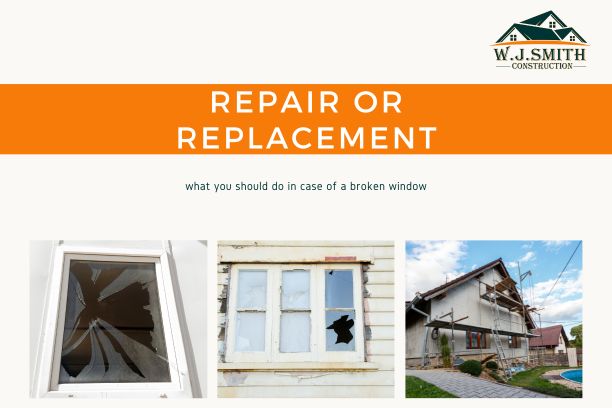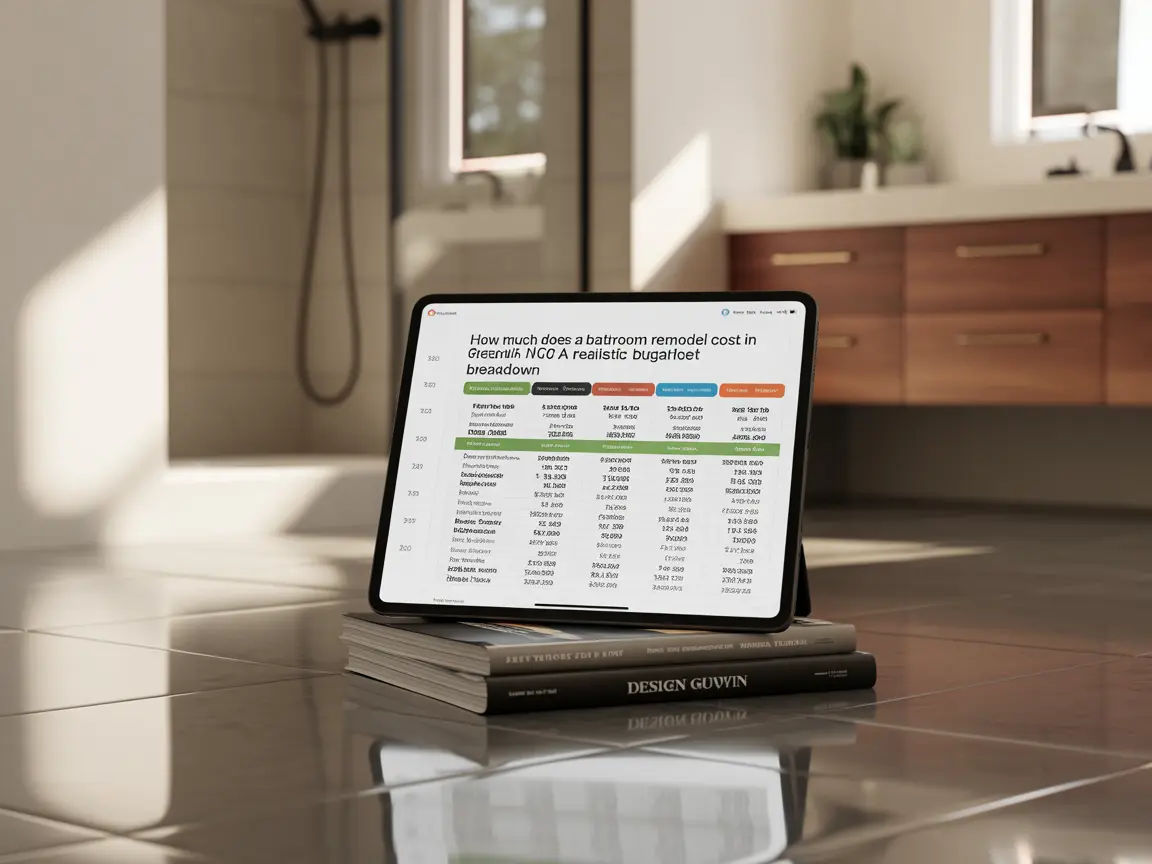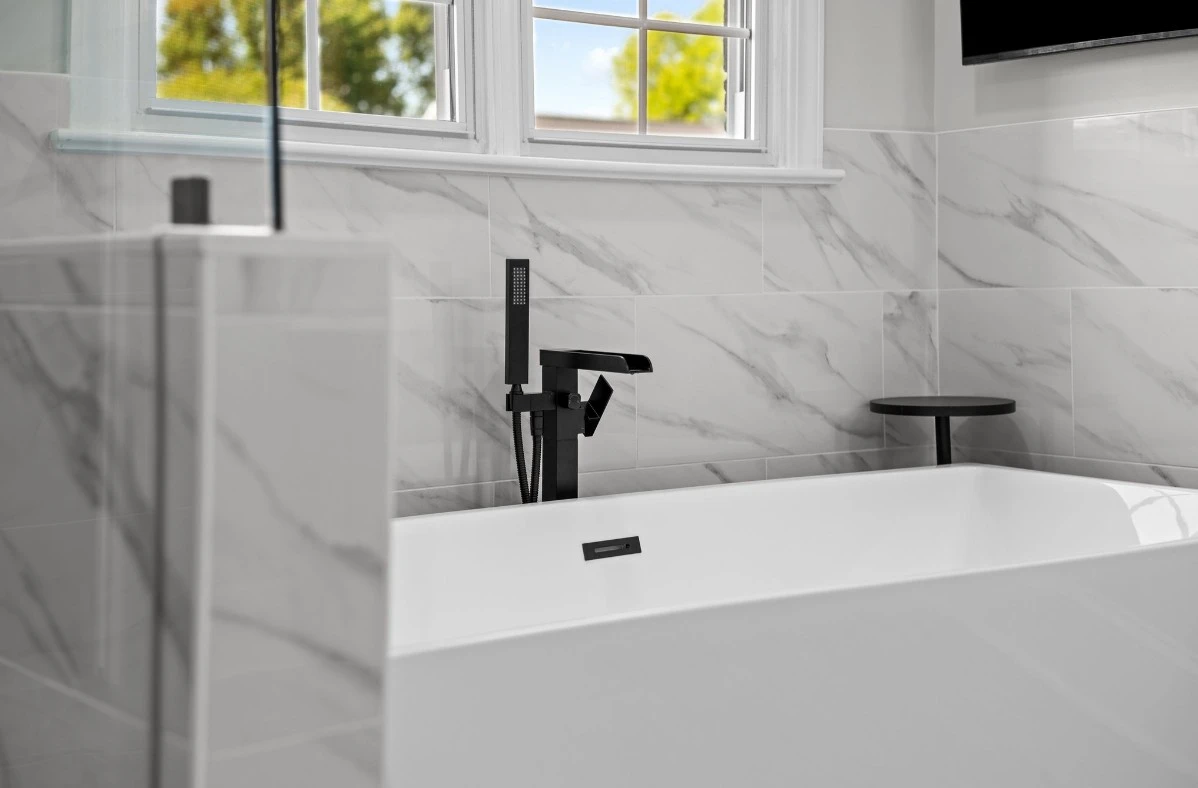Are you stuck deciding whether to fix or swap out a busted window? Let me guide you through this dilemma. When a window breaks, the temptation might be to procrastinate, but trust me, addressing it pronto is key. Now, let’s dive into the factors shaping this decision.
Factors to Consider
When it comes to deciding whether to repair or replace a broken window, several factors should influence your decision. Let’s break them down:
Severity of Damage
-
Minor Cracks/Chips
- Even small cracks or chips can worsen over time if left unattended. They might seem insignificant now, but they could lead to more significant problems down the road.
- It’s crucial to address these minor damages promptly to prevent them from spreading and causing further issues.
-
Extensive Damage or Shattered Glass
- If your window has extensive damage or has shattered completely, repairing it might not be feasible or effective.
- In such cases, replacing the window entirely could be the more practical solution to ensure proper functionality and safety.
Age and Condition of the Window
- Consider how old the window is and its overall condition. Older windows may be more prone to damage and might not offer the same level of energy efficiency as newer models.
- If your window is already showing signs of wear and tear, it might be more cost-effective in the long run to replace it rather than continually repairing it.
Cost-Effectiveness
- Evaluate the cost-effectiveness of both options. While repairing a window might seem cheaper upfront, consider the potential for recurring issues and the overall longevity of the solution.
- Sometimes, investing in a replacement window can save you money in the long term by providing better durability and energy efficiency.
Energy Efficiency Implications
- Windows play a significant role in the energy efficiency of your home. Older or damaged windows can lead to drafts and energy loss, resulting in higher utility bills.
- Replacing a broken window with a more energy-efficient model can help improve insulation and reduce your energy costs over time.
Safety Concerns
- Broken windows pose a safety risk to you and your family. They can provide easy access for intruders and increase the likelihood of accidents.
- Prioritize your safety by promptly addressing broken windows to minimize potential hazards.
Aesthetics and Property Value
- The appearance of your windows affects the overall aesthetics of your home. Damaged or outdated windows can detract from its curb appeal and lower its property value.
- Investing in new windows can not only enhance the look of your home but also increase its resale value.
Pros and Cons of Repairing a Broken Window
Pros
- Cost-Effective for Minor Damages
- Repairing minor damages can be more budget-friendly than replacing the entire window.
- It’s a quick fix that can extend the lifespan of your window without breaking the bank.
- Preserves Original Window Features
- Repairing a window allows you to maintain its original design and features, preserving the character of your home.
- You can retain the charm of older windows while addressing any issues they may have.
- Quick Turnaround Time
- Repairs typically have a faster turnaround time compared to window replacements.
- You can restore the functionality of your window without enduring prolonged installation processes.
Cons
- Limited Effectiveness for Extensive Damage
- Repairs may not be sufficient for windows with extensive damage or structural issues.
- Attempting to repair severely damaged windows could result in ongoing issues and compromise their integrity.
- Potential for Recurring Issues
- Repaired windows might be prone to recurring issues, especially if the underlying cause of the damage isn’t addressed.
- You could find yourself dealing with the same problems repeatedly, leading to frustration and additional expenses.
- May Compromise Energy Efficiency and Safety
- Depending on the extent of the damage, repairs might not fully restore the energy efficiency or safety of the window.
- Cracks, gaps, or weakened frames could still pose insulation and security concerns.
Pros and Cons of Replacing a Broken Window
Pros
- Addresses Extensive Damage Effectively
- Replacement windows provide a comprehensive solution for windows with extensive damage or structural issues.
- You can address all issues at once, ensuring optimal functionality and durability.
- Improves Energy Efficiency
- Upgrading to new, energy-efficient windows can significantly reduce your energy consumption and utility costs.
- Modern windows feature advanced insulation technologies that minimize heat loss and drafts.
- Enhances Aesthetics and Property Value
- New windows can transform the appearance of your home, enhancing its curb appeal and overall aesthetic.
- They also add value to your property, making it more attractive to potential buyers in the future.
Cons
- Higher Initial Cost
- Replacing a window is typically more expensive upfront compared to repairing it.
- However, consider the long-term benefits and potential cost savings associated with new, energy-efficient windows.
- Longer Installation Process
- Installing replacement windows can be a time-consuming process, especially if multiple windows need to be replaced.
- Plan accordingly for any disruptions to your daily routine during the installation period.
- Potential Disruption to Interior/Exterior
- Window replacement projects may cause temporary disruptions to your home’s interior and exterior.
- Be prepared for noise, dust, and temporary inconveniences during the installation process.
Decision-making Process
Assessing the Severity of Damage
- Evaluate the extent of the damage to determine whether repair or replacement is the best course of action.
- Consider factors such as the size of the damage, its location, and its impact on the window’s functionality.
Considering Budget Constraints
- Take your budget into account when weighing the options for repairing or replacing a broken window.
- Compare the costs of both options, including materials, labor, and any additional expenses.
Evaluating Long-Term Benefits
- Look beyond the immediate costs and consider the long-term benefits of repairing or replacing your window.
- Factor in potential energy savings, increased property value, and reduced maintenance requirements over time.
Consulting with Professionals for Advice
- Seek guidance from experienced professionals, such as window contractors or home improvement experts.
- They can assess your situation and provide personalized recommendations based on your specific needs and preferences.
Conclusion
In conclusion, the decision to repair or replace a broken window depends on various factors, including the severity of the damage, budget constraints, and long-term considerations. By carefully weighing the pros and cons of each option and consulting with professionals, you can make an informed decision that ensures the safety, efficiency, and aesthetics of your home.




